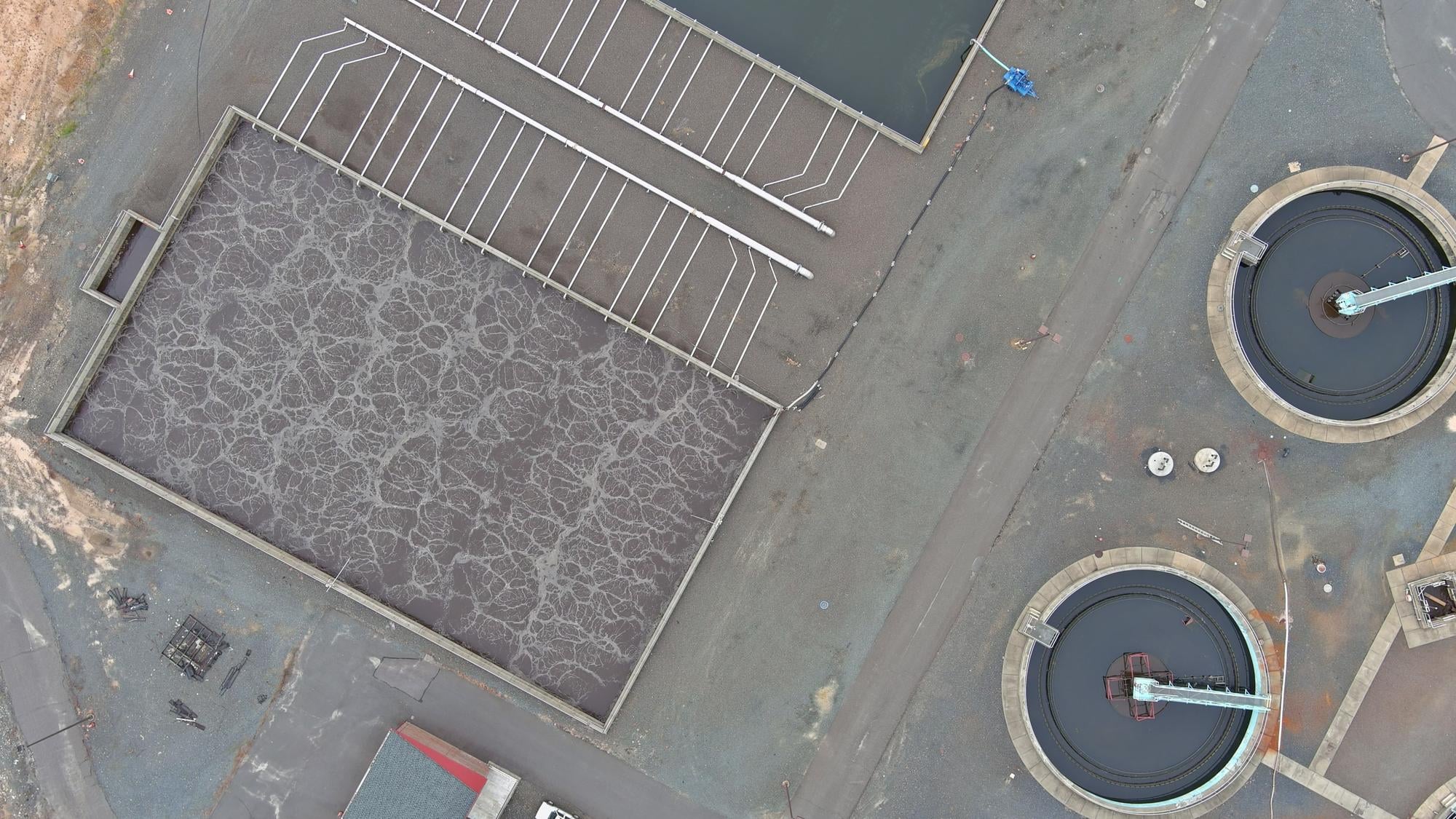Water stress and polluted water contribute to the death of many African populations daily. Every hour, an estimated 115 people die in Africa from diseases linked to improper hygiene, poor sanitation, and contaminated water, according to the United Nations Department of Economic and Social Affairs (UNDESA).
Wastewater is used to describe all forms of water which have been degraded in quality as a result of their overall usage. Wastewater that has been exposed to contaminants has been deprived of its potable uses either by industrial or domestic contaminants.
Water reclamation or reuse is the treatment process that converts municipal or industrial wastewater into safe water that can be used for drinking, agriculture, or industrial purposes – depending on the treatment solution employed. The best solution for a rapidly growing continent, like Africa, is the reuse of urban, agricultural and industrial wastewater, which is the future of creating a more sustainable and resilient continent, with the potential to be a technology innovation trailblazer in the global fight against CO2 emission and environmental pollution.
The regulations for the decentralised treatment and reuse of wastewater depends on the regulations in the respective countries, which can largely vary across Africa. Sintayehu (2018) suggests that the continent contains an estimated one-fifth of all known species of mammals, birds, and plants. Biodiversity respresents a critical aspect in the development and well-being of Africa’s inhabitants. The main sources for the continent’s development are food, sanitary dignity, water supply and the protection of the environment for retained economic growth and socio-economic development.
Partnering with professionals that have the capacity and experience to supply the best wastewater solutions is the first step in moving toward a more sustainable future.
Contact with our engineers and get ready for the first step into a better and more sustainable environment.

